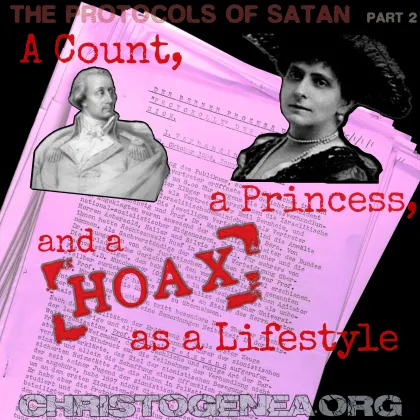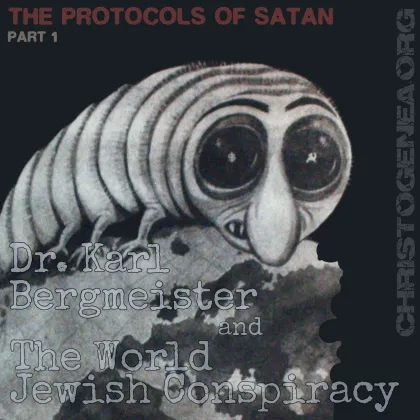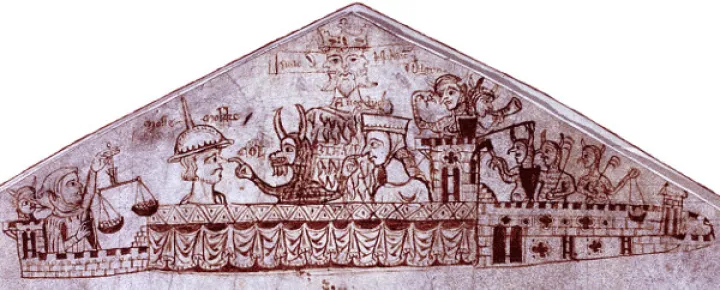Invading Britain: Then and Now, It Always Comes Down to Treachery! Part 3
William Finck's program notes follow (other resources are linked below):
A HISTORY OF THE MONEY CHANGERS, by Andrew Hitchcock
1558 Queen Elizabeth I succeeds Queen Mary I, her half sister, to the throne in England. During her reign, Queen Elizabeth I decided that in order to wrest control of the money supply she would have to issue her own gold and silver coins. She did this through the public treasury and successfully took control of the money supply from the money changers.
1609 The money changers in the Netherlands establish the first central bank in history, in Amsterdam.
1642 Oliver Cromwell is financed by the money changers for the purposes of fomenting a revolution in England, and allowing them to take control of the money system again. After much bloodshed, Cromwell finally purges the parliament, overthrows King Charles I and puts him to death in 1649.
The money changers immediately consolidate their power and for the next few decades plunge Great Britain into a costly series of wars. They also take over a square mile of property in the center of London which becomes known as the City of London.
1688 The money changers in England following a series of squabbles with the Stuart Kings, Charles II (1660 - 1685) and James II (1685 - 1688), conspire with their far more successful money changing counterparts in the Netherlands, who had already set up a central bank there.
They decide to finance an invasion by William of Orange of Netherlands who they sound out and establish will be more favorable to them. The invasion is successful and William of Orange ascends to the throne in England as King William III in 1689.










 Please click here for our mailing list sign-up page.
Please click here for our mailing list sign-up page.








Recent comments